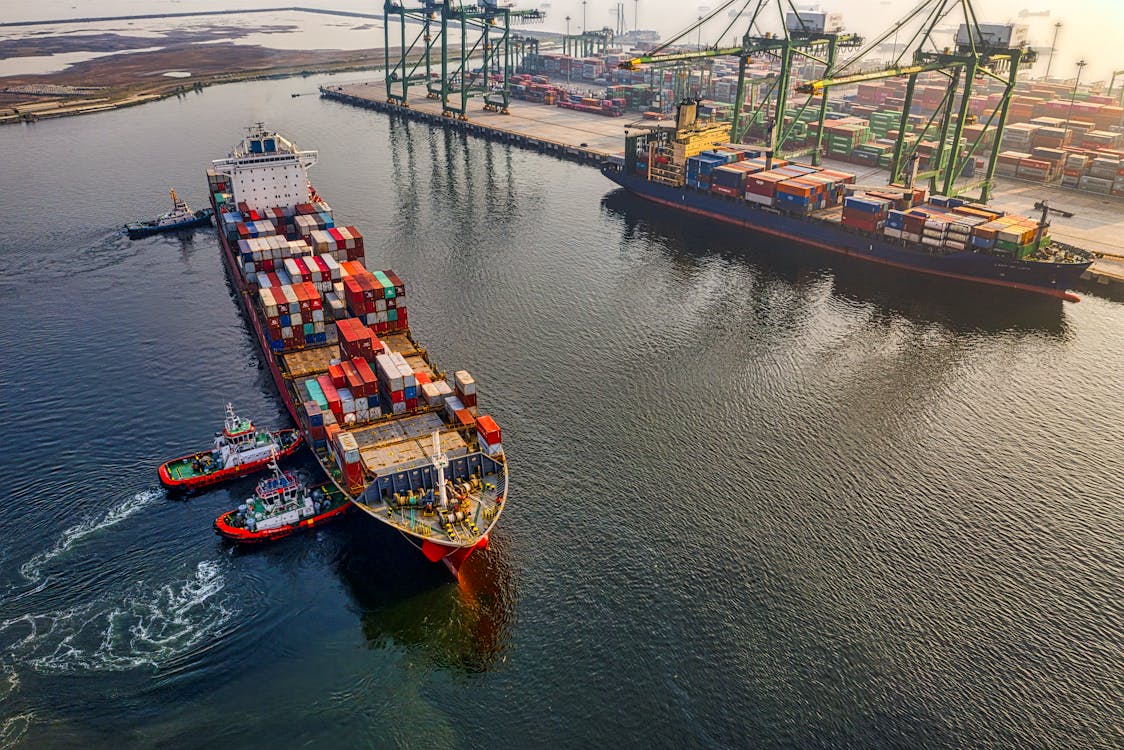The global shipping industry must take steps to improve working conditions across seven key areas and urgently improve seafarer wellbeing, make life at sea safe and inclusive, and future proof against the changing needs of the maritime labour market to attract future generations of seafarers. That’s according to a new a report published today by the Diversity@Sea pilot — a Global Maritime Forum initiative.
The findings identify areas such as addressing abuse and harassment, enhancing work-life balance, and upgrading onboard facilities as critical to the future of the industry and protecting the future of global trade. The conclusions are the culmination of a 10-month global collaboration involving 400 seafarers and 12 major first-mover shipping companies to generate more than 50,000 data points.
The report, ‘Improving Seafarer Well-being: Preliminary findings from the Diversity@Sea pilot project, is published at a time of increasing concerns for the working conditions of the 1.9 million seafarers globally, who keep trade moving but spend much of their time outside of the jurisdiction of domestic labour laws.
Most recently, hundreds of ships have continued to sail through the Red Sea despite missile attacks by Houthi militants – a situation preceded by the COVID-19 pandemic which saw thousands of seafarers stranded at sea for months, if not years, as borders closed.
At a time of mounting pressure on global supply chains, this is posing new and significant risks to global trade, with seafarer labour shortages reaching a 17-year high, and some banks this month indicating they could curb lending for shipowners who put seafarers’ welfare at risk.
Susanne Justesen, Director of Human Sustainability at the Global Maritime Forum, said: “Improving the working conditions of seafarers globally is no longer just a question of human wellbeing. As critical as that is, improving the wellbeing of the 1.9 million seafarers globally is now critical to avoiding existential threats to the smooth operation of global trade we rely on every day.
“Our report seeks to offer a roadmap for change. By working with seafarers to identify the areas for positive change, we will not only begin to address the challenges we face today, but also anticipate the future needs of the maritime labour market. The seven key areas identified in this report also include clear indicators for positive change that could be used by maritime companies, institutions, regulators, and academics to shape the future work environment at sea.”
The first-of-a-kind pilot required each of the 12 first-mover shipping companies – Bernhard Schulte Ship management, Cargill, Diana Shipping, Dorian LPG, Gaslog, Hafnia, Stena, Synergy, Swire Shipping, and others – to have a minimum of four women on board during the 10-month pilot, ensure gender appropriate facilities including appropriate conditions for menstrual needs and private hygiene, provide 24/7 Wi-Fi access, and provide inclusive personal protective equipment.
400 seafarers were engaged on a daily basis to assess the impact of these measures, highlighting essential learnings about what is important to seafarers. The report’s findings have identified seven critical areas for meaningful change across the industry:
- Zero tolerance for abuse and harassment: To tackle the issue of 25% of all seafarers experiencing harassment and bullying (over 50% for female seafarers).
- Improved contracts to avoid the pressure seafarers feel to work excessive hours and/or spend too long away from home – working practices that can result in severe anxiety, depression, and fatigue.
- Enhanced internet and social connectivity to help seafarers maintain contact with friends and family, access news, and pursue online education, without which seafarers report feeling frustrated, isolated, and lonely. Currently, around 13% of vessels globally offer no internet access at all, while others introduce a cost for seafarers accessing onboard Wi-Fi.
- Guaranteed helpline access to help seafarers who often work in isolated and stressful environments to access vital anonymous and confidential advice which can prevent mental health challenges, conflicts, and incidents of abuse or harassment.
- Parental support to ensure that being pregnant or having family responsibilities at home does not prevent seafarers from working or making a living at sea.
- Inclusive personal protective equipment to ensure PPE provisions adequately address the need for diverse sizing, and limit safety risks – for all.
- Transparent training and appraisal systems to promote fairness and equality and improved career progression at sea.
Under the leadership of Global Maritime Forum’s Human Sustainability Director, Susanne Justesen, the project will develop these findings into comprehensive guidelines in early 2025 to improve conditions for seafarers. The hope is for these guidelines to help maritime companies, institutions, regulators, and academics to shape the future work environment at sea and overcome some of the key workforce challenges faced by the industry.









